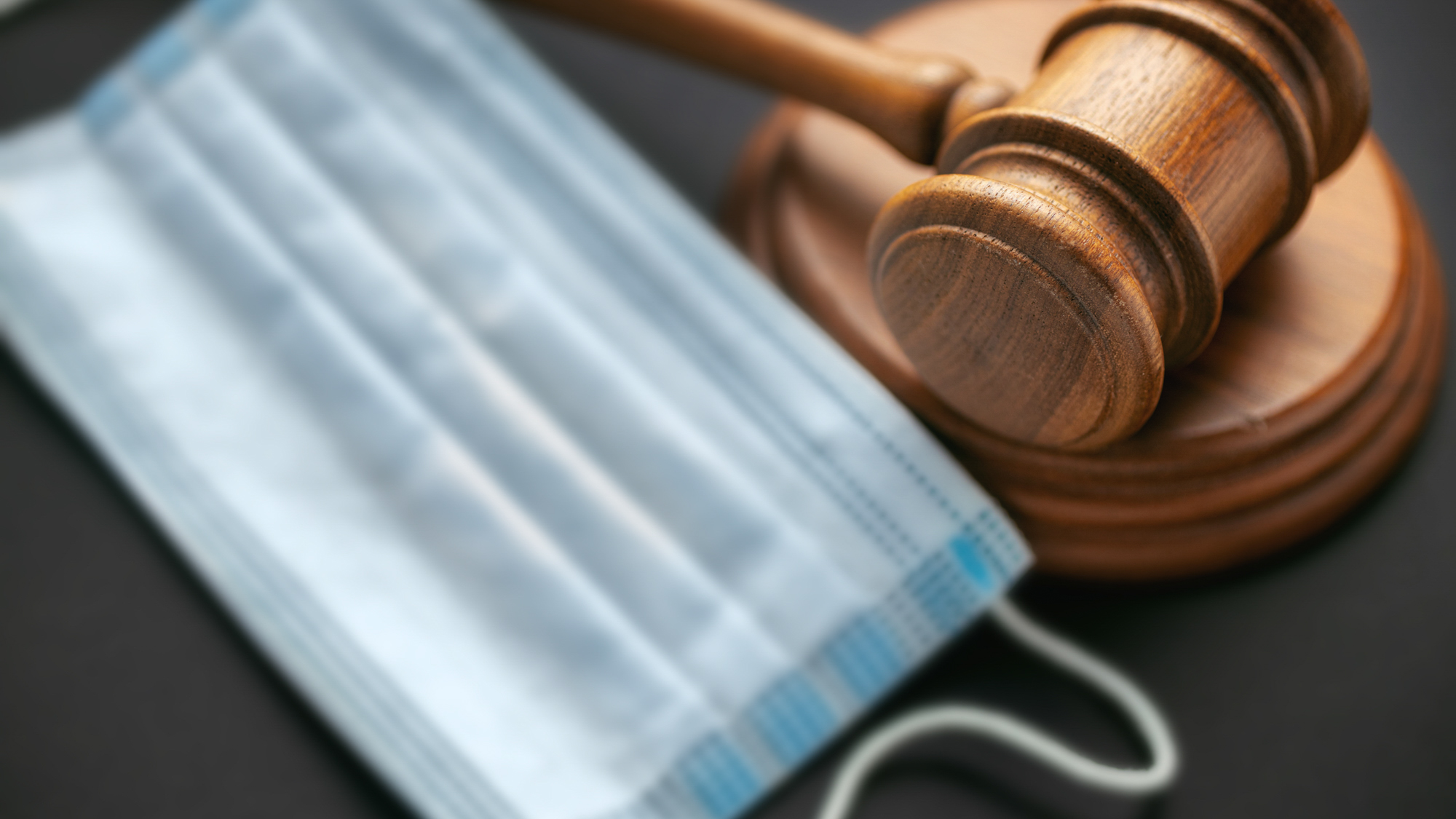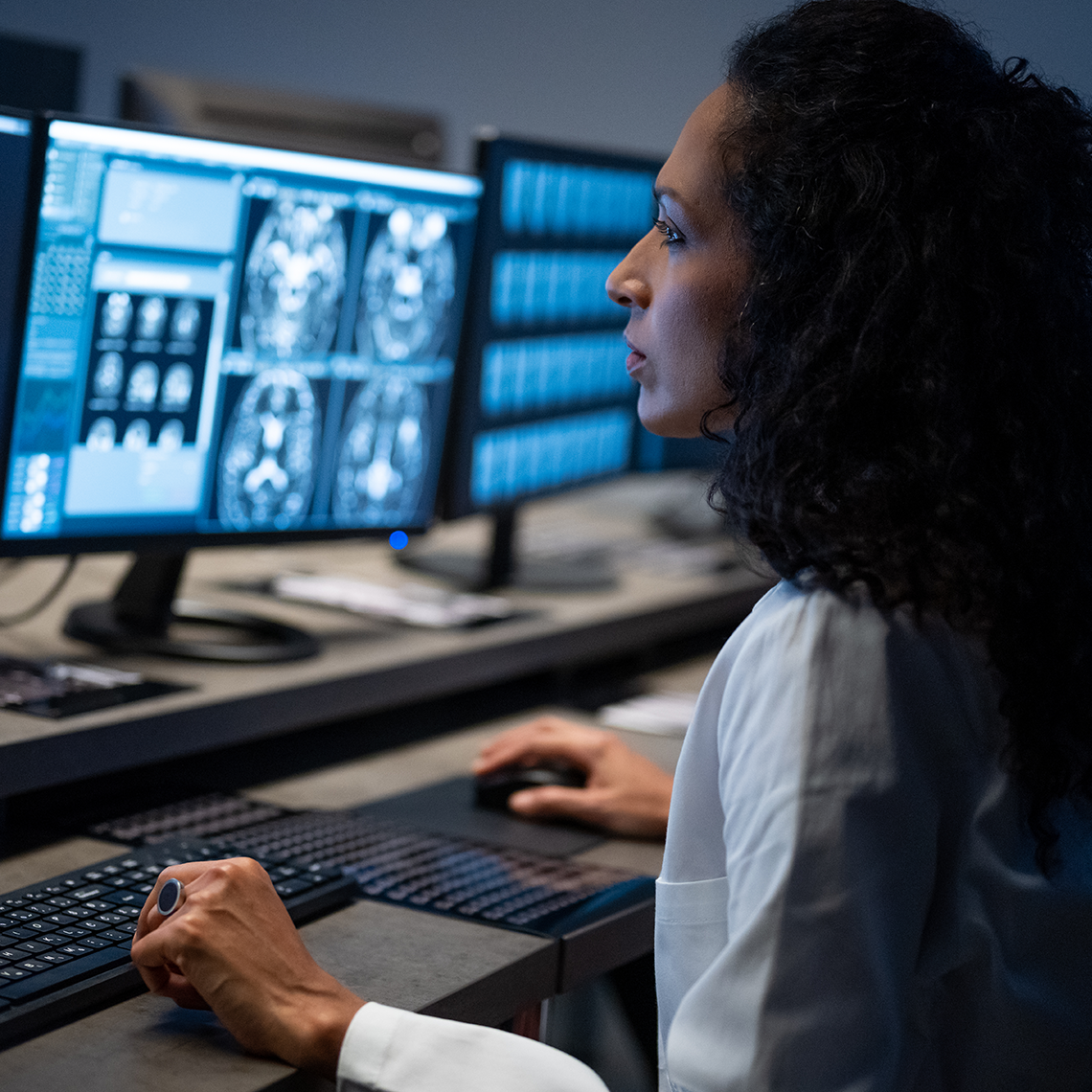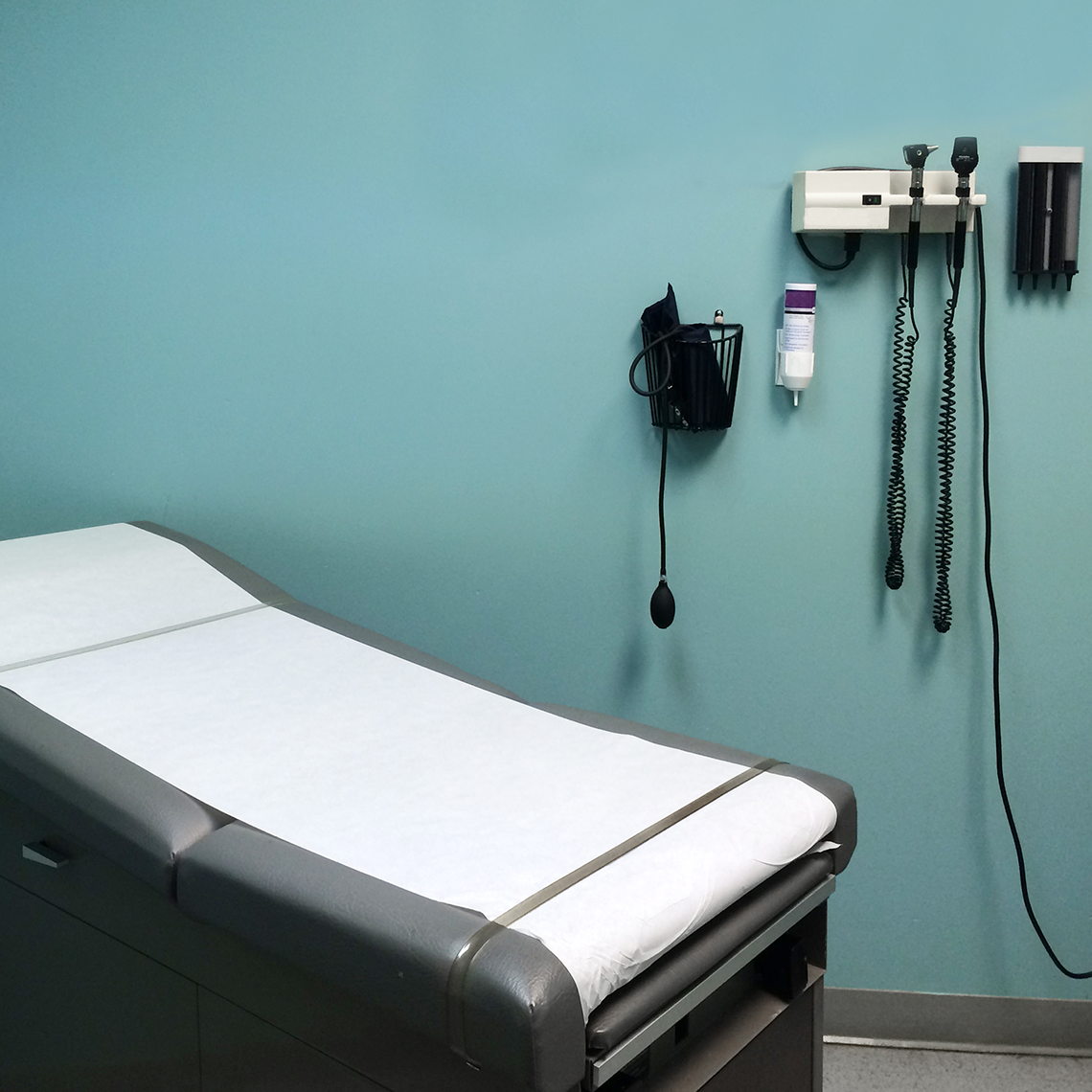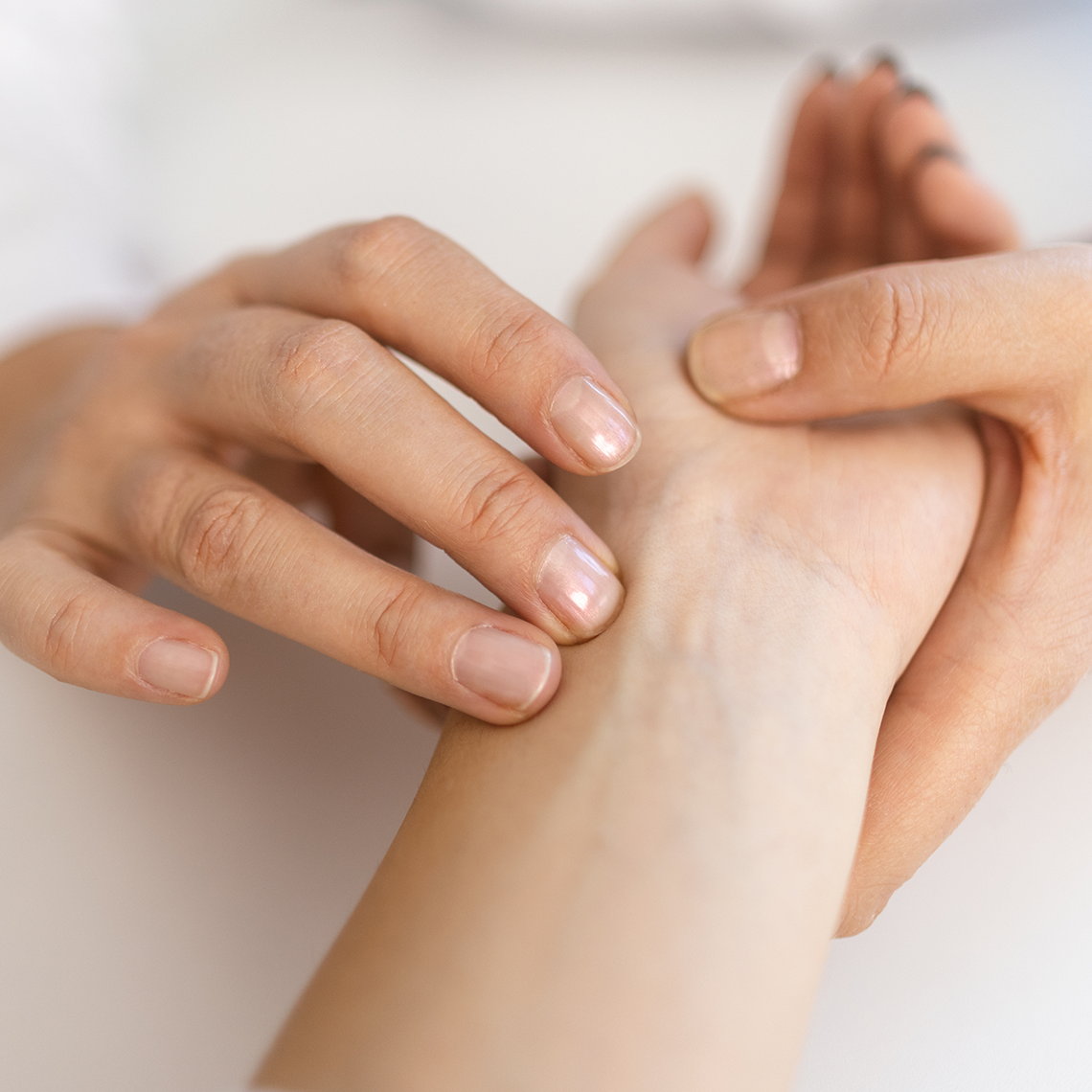Podcast
Back To Court after COVID-19: Uncertainty and a Back Seat for Malpractice Cases
Aug 24, 2021

Commentator
- Richard Riley, JD
Murphy & Riley
Transcript
COVID-19 has had a profound impact on the legal system since the pandemic interrupted normal operations in Spring of 2020. In Massachusetts, trials were suspended, and all non-emergency court business stopped.
Early in 2021, the Massachusetts Supreme Judicial Court re-opened shuttered courthouses and re-started trials, with significant limitations. As criminal cases were given priority, medical malpractice cases—like all civil cases—had to go to the back of the line, a backlog that earlier this year reached an estimated 3,700 cases throughout the Commonwealth’s trial system, profoundly affecting the casework for defendants and their accusers.
As a second phase of re-opening began in the summer, a new variant pushed COVID-19 hospitalizations and mortality rates back higher, and adds further uncertainty to re-opening plans for trials. Within two weeks in August, state and city governments instituted or re-instituted worker vaccine requirements and universal mask mandates.
We caught up with Boston attorney Richard Riley of Murphy & Riley, PC to better understand the lay of the land for medical malpractice litigation in the COVID era. Attorney Riley has been defending malpractice cases for more than 30 years.
Q.) Richard. Thank you for joining us.
A.) Thank you for having me.
Q.) Most people don’t know what’s been going on in courthouses during the pandemic. In terms of med mal cases, can you describe how things have been impacted?
A.) Well the pandemic, as most people know, pretty much shut society down, and the courthouses were no exception. The emergency rules, of which there were, I think a total of seven that were issued by the Supreme Judicial Court, started off with basically closing the courthouses completely to all but emergency hearings and emergency matters and even those were subject to significant restrictions in terms of protecting the health of the people coming in. As a result, there were no trials obviously. There were no in-person hearings. Discovery procedures were essentially put on hold. The video conferencing technology ended up helping. But in March of 2020, most of us had never heard the term ‘Zoom conference.’ Lot of us now wish we had never heard it because we’re so tired of it, but nonetheless it took a while for things to ramp up so that cases could start proceeding again even without the ability to appear in court. So the courthouses being shut down was a dramatic impact. The trial of medical malpractice cases has only recently started being resurrected, and we are sort of on the cusp now of beginning a new chapter in this with the reopening of the courts. In terms of what was happening in the courthouses themselves, there was actually very little activity, and that spilled over onto us. We had to learn how to keep cases moving as best we could without the ability to appear in court for motions, conferences, or trials.
Q.) That sounds challenging, and it also seems like it would have been difficult, and has been difficult for defendants too. What’s been the impact on your clients?
A.) Yeah, it’s in many ways, there were practical effects, but the practical effects turned into I think emotional impacts. When we think about the clients that we serve, they are health care professionals and the last 18 months has been an extraordinary challenge for health care professionals just from what they do on a day-to-day basis. And when we intersect with them, it’s because typically they have had a claim asserted or a lawsuit filed against them and so that’s just an added level of pressure and stress on top of what had to be a crushingly stressful period for virtually every health care professional. There is almost no specialty I can think of that wasn’t affected either in terms of the treatment of their patients who are afflicted with COVID or the interference with their ability to treat patients because they couldn’t see them in person or the stressors of treating people in hospital when families were not permitted to visit and terminal patients and how stressful that is under the best of circumstances, but when you had to tell the family that they couldn’t come and visit. So the emotional stress level of our clients started off at a significantly higher level and then when you have a claim or a lawsuit filed on top of that, that had to have been just extraordinarily difficult. And in terms of the COVID, what the effect of that was, that litigation basically shut down for a year and so in cases that in the best possible track, medical malpractice cases assigned to the Superior Court are what we call the average track, which is kind of an euphemism because the average track means that from the time a complaint is filed to the time the case is expected to resolve is three years and that’s in good times. So you add the last year on top of that and the backlog of cases that we’re going to be contending with going forward trying to get these cases tried or otherwise resolved and that delay and the extension of those cases for months and months and months longer than they otherwise would have piled onto the stress that the professionals were already contending with. That’s what I say is the impact, stress impact, and not one that anyone actually needed for sure.
Q.) What’s happening now with the system and cases?
A.) So now the courthouses as of right now, August of 2021, are on the threshold in most cases of reopening completely. The Supreme Judicial District Court issued its most recent order the beginning of July and it was effective on July 12, essentially reopening the courthouses without any limitations on capacity or spacing and that sort of thing. The only requirement is that everyone going into a courthouse, regardless of vaccination status, is required to wear a mask. But court sessions are all reopening. Trial dates are being assigned, and they are lining cases up for trial. So we’re encouraged that cases are going to start getting tried again, and that’s our goal. If the determination has been made that this is a case to try, and CRICO is very firm and defensive of its providers in terms of not settling a case out of convenience. If a case is defensible, they will try the case. The courts know that and as a result, medical malpractice cases actually get a level of priority of cases that are coming up for trial. Because the courts know that if we schedule this malpractice case for the day after Labor Day, it’s going to go because we know the lawyers are actual trial lawyers who try cases. They’re not likely to collapse the Friday before and either settle out the case, although that does happen sometimes. And that they have already made the arrangements to have their clients take a week or two weeks away from their practice so they can attend the trial. Experts are perhaps flying in from other parts of the county and those sorts of arrangements have been made. That having been said, again it’s August, and I heard on the radio on the way in that the city of Salem has just instituted a citywide mask mandate again and school systems are instituting mask mandates and we’re seeing an uptick. I don’t want to call it an up surge but an uptick in the COVID cases being reported such that there’s many unvaccinated people, but there are the breakthrough cases that we’re hearing about. So, from a medical public health standpoint, it’s unclear how things are going to unfold over the next two-to-three-to-six months.
Q.) Considering that trials got essentially put on hold for a year or more, how do we expect this backlog of cases to affect scheduling and the rest?
A.) Yeah, that’s probably one of our greatest concerns is the backlog. The last statistic I saw on that was that as of I think it was March or April of this year, there was a backlog of 3,700 cases throughout the trial court system, and that’s the Superior Court, District Court, all the other trial courts, Probate & Family Court, but still 3,700 cases that are waiting to be tried and of those, the criminal cases are going to get priority. They have to get priority especially the ones where the SJC has said that priority shall be given to criminal cases especially where the defendant is in custody. So in some cases because of dangerousness or because of prior risk of flight, whatever it might be, people are actually in prison awaiting trial and have been sometimes for many, many months. These are not all guilty people and so you can understand the compulsion that is felt to get those criminal cases to trial, not to mention that there is a constitutional right that criminal defendants have to a “speedy trial.” So we’re going to be facing competition from the criminal side for jurors and for trial dates. So we’re all waiting and watching, and we on behalf of our clients will be arguing as strenuously as we can to get those cases scheduled for trial, but we are going to have these obstacles along the way. Six months from now we’ll have a much better sense of how it has all panned out, but right now we just have our fingers crossed.
Q.) In Massachusetts last year the governor signed a law providing limited immunity for outcomes related to the pandemic. Have we seen that used as a defense or how do you expect it to be used?
A.) Yeah, it’s a very interesting question because it’s been used in the sense that we have asserted it. I have asserted it on multiple occasions in response to a Chapter 231, 60L claim letter and as an affirmative defense in an answer to a complaint. But because it is such a new law and a new phenomenon and it only applies to cases that involve treatment that occurred during the State of Emergency, during the governor’s State of Emergency, which was from March 10 of last year until June 15 of this year. So while we have asserted it, to my knowledge, it has not been tested in court in terms of either a summary judgment motion or if there is a fact issue asserted at trial because it is so new. So we’re waiting to see how that is all going to pan out. We have our antenna up for that issue. It hasn’t been tested yet, but it is a rather broad immunity. It’s an immunity from civil liability entirely under the statute as long as the person was acting in accordance with applicable COVID regulations and acting in good faith. I can’t imagine there being a case where we don’t meet the good faith standard, so then the only question is going to be was the treatment or care impacted by COVID limitations. So we’ll be waiting to see about that, but I think it is important for both the legal team and the defense team and the providers to have this in their minds if a claim comes in to be alert for that potentially to apply.
Q.) What other concerns do you have as we reopen the courts and as these cases move forward now?
A.) I think I have two main concerns, one is the delay. The population generally, and health care professionals are sometimes astounded at how long it takes a malpractice case to work its way through the system, and my concern is that with the delays and the competition for jurors and the threat of restrictions being reimposed because of the uptick in cases that we’ve seen that it is going to take even longer to work the cases through the system. We, as the attorneys, have only a limited amount of control over that, but that is one of my concerns.
I also have a concern about the actual practicality of trying cases. The most significant lingering restriction, the courts are requiring or they have to require, according to the most recent SJC order, require masks of everyone who goes into the courthouse. The only thing I have heard that has removed that limitation partially is that a witness who is actually testifying and the lawyer who is actually asking the questions, they may if they choose remove their masks. That tells me that if a witness does not choose to remove their mask, and they very well may not—they may have health concerns being in a roomful of people—is that from the legal perspective, credibility is such an extraordinarily important part of trying any case and the ability to see a person’s face when they are speaking to you is a huge part of assessing a person’s credibility. You see gestures and I won’t try and imitate them, but you can imagine a smirk or a frown or some sort of facial gesture that you’re not seeing at all. You also are not going to see that in the jurors because the jurors all are going to be required to wear masks throughout. So the masking of witnesses and jurors is I think going to be a hindrance.
And my third concern is the fact that we seem to be going in the direction of six-person juries. Right now all juries in civil cases are six-person juries. We’ll still see alternates and the last case I hard that went to trial actually sat eight jurors, and all of them were allowed to deliberate, I think the research has shown that the larger your sampling group, the more reliable the outcome is. The federal system has had six jurors forever and I’ve tried cases in the Federal Court to six jurors and not really found that the outcomes were unexpected or different from what I thought would have occurred with a larger jury. Nonetheless, I see research out there that says the twelve person juries are more reliable in the outcomes that they come up with and have fewer outliers as well. Fewer runaway verdicts for instance. So I don’t like the fact that we seem to be going to have six person juries for the long term. I would say those are my three biggest concerns going forward. As I think about them, I don’t actually think I have any control of any of them so I’, like everyone else, I’m going to have to just do the best we can with a system that has been injured by this whole COVID nightmare.
Thank you, Richard Riley. Richard Riley is a partner in Murphy & Riley, PC in Boston. I’m Tom Augello for SafetyNet.
About the Series
We’ve got you.
Our Safety Net podcast features clinical and patient safety leaders from Harvard and around the world, bringing you the knowledge you need for safer patient care.
Episodes
Paying for Patient Safety: Solving an ROI Puzzle
Teleradiology Leads Virtual Care Risk in New Study

New Study Finds Outpatient Adverse Events Common, Often Preventable

Taking the Pulse of a Clinician’s Interpersonal Skills


